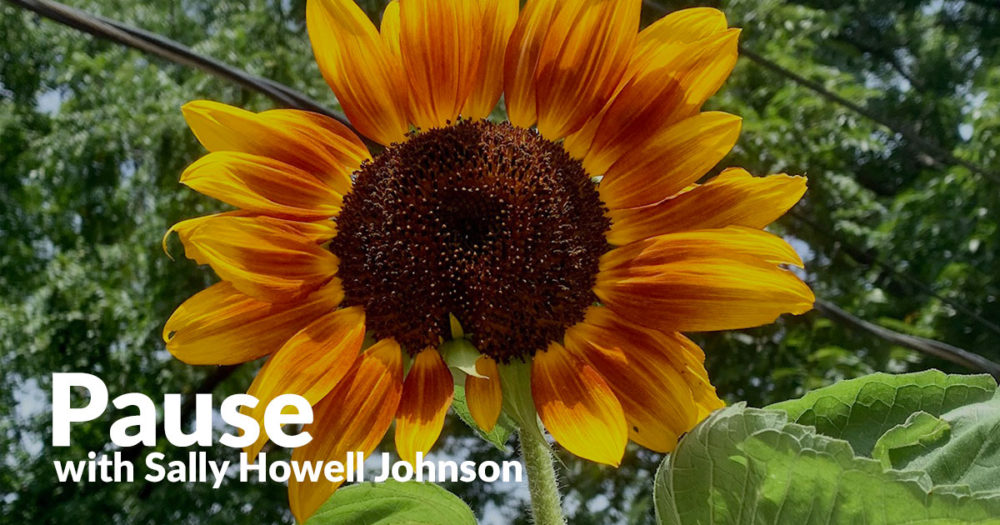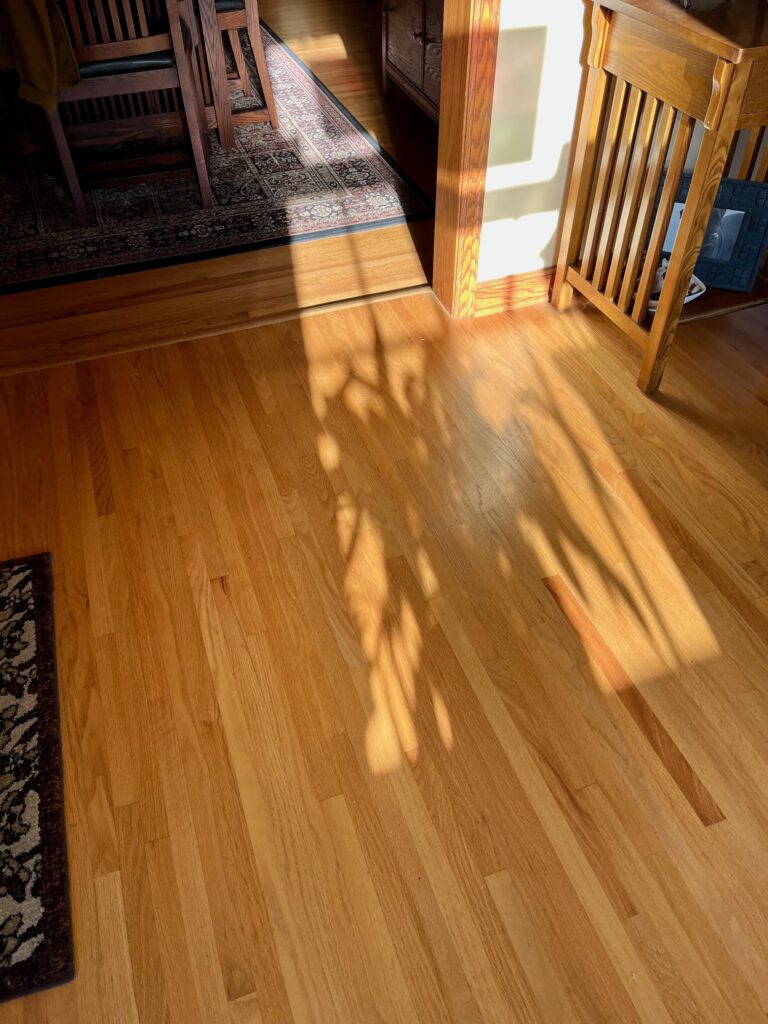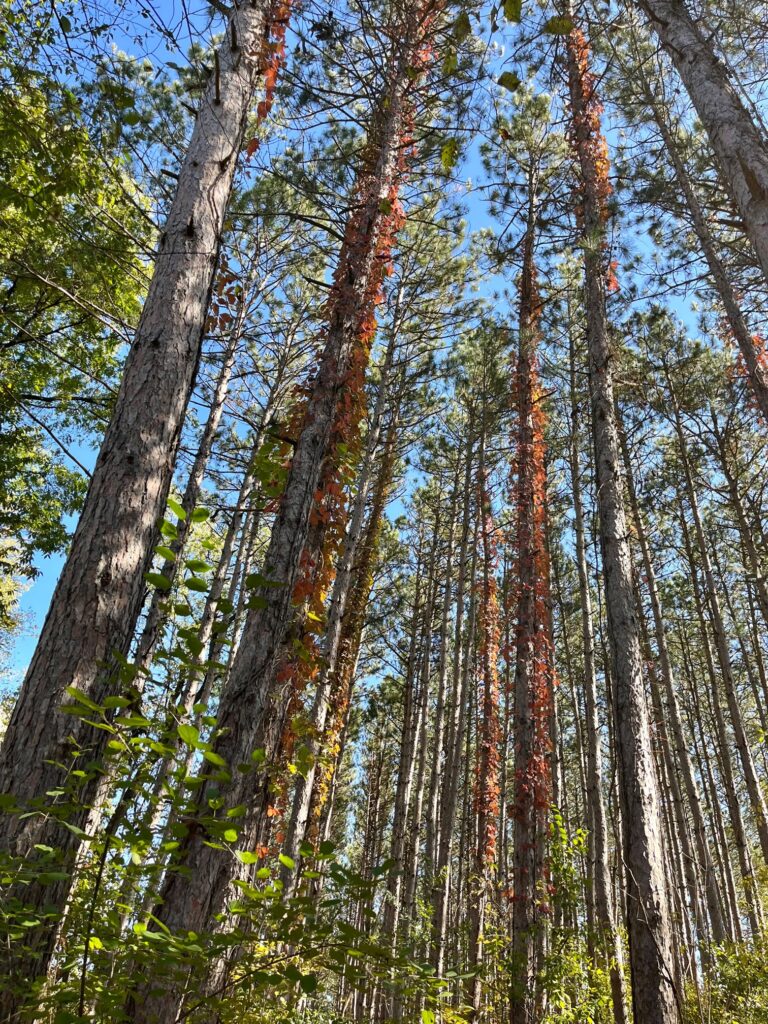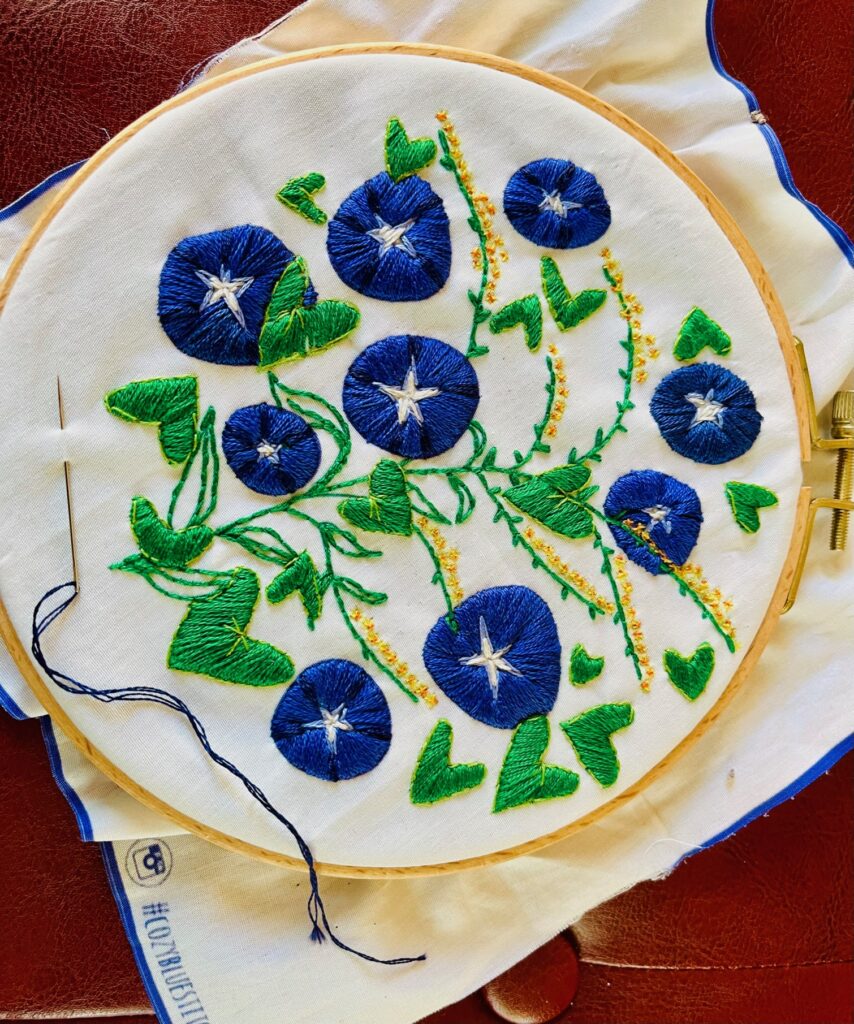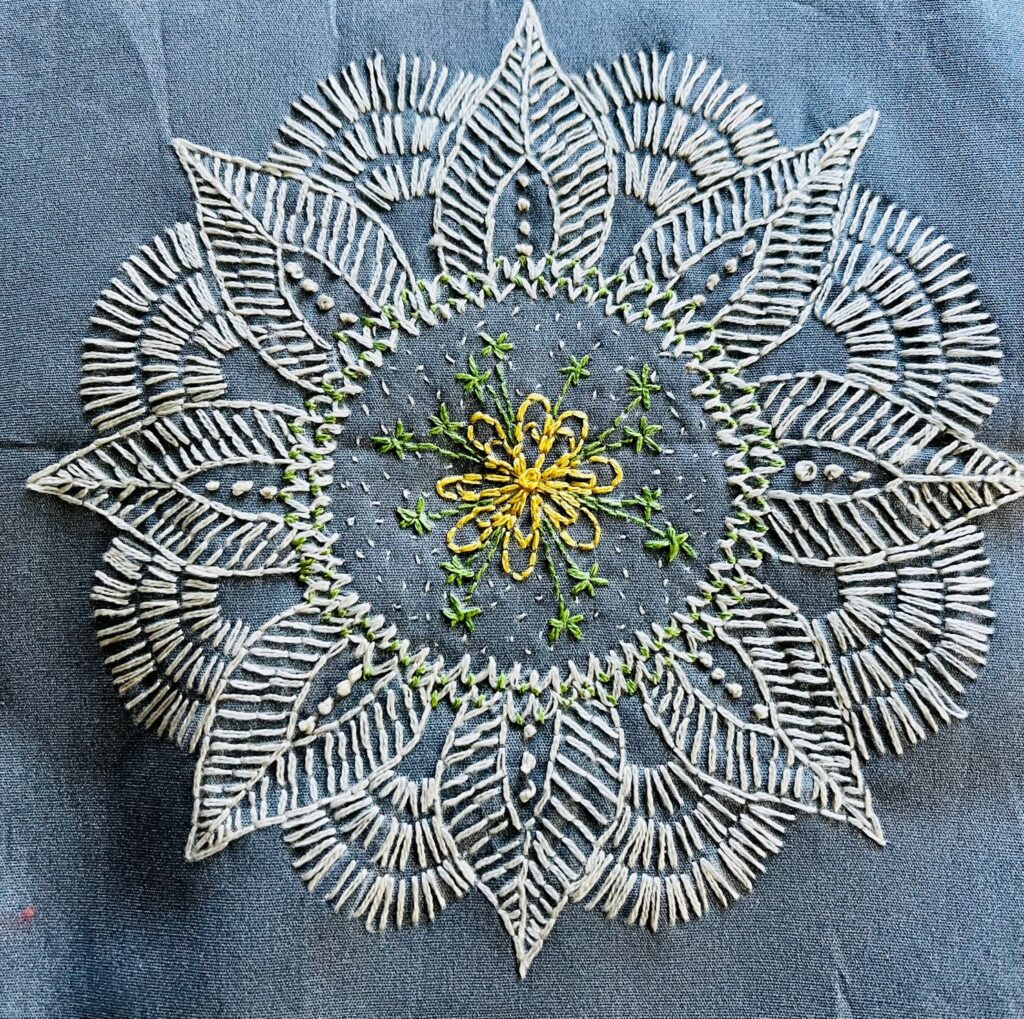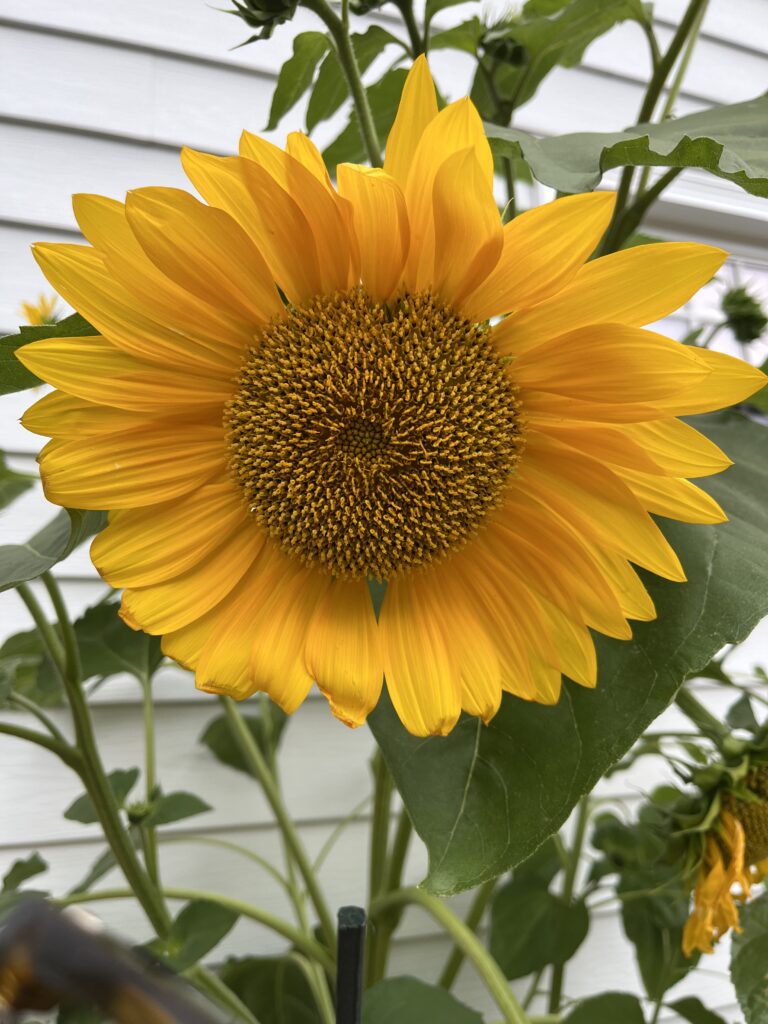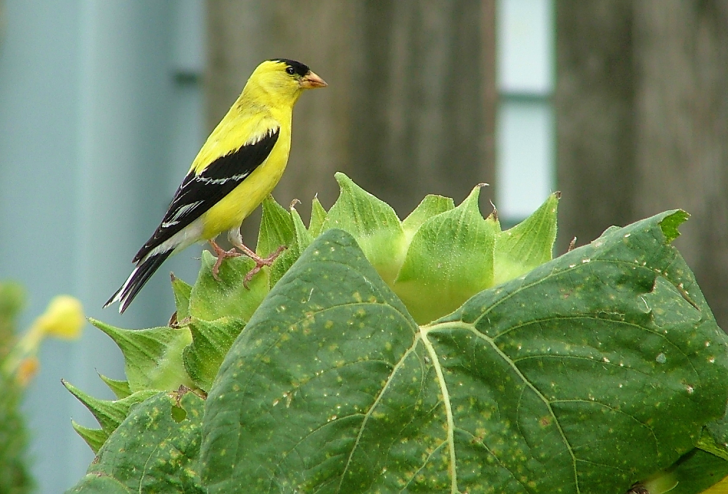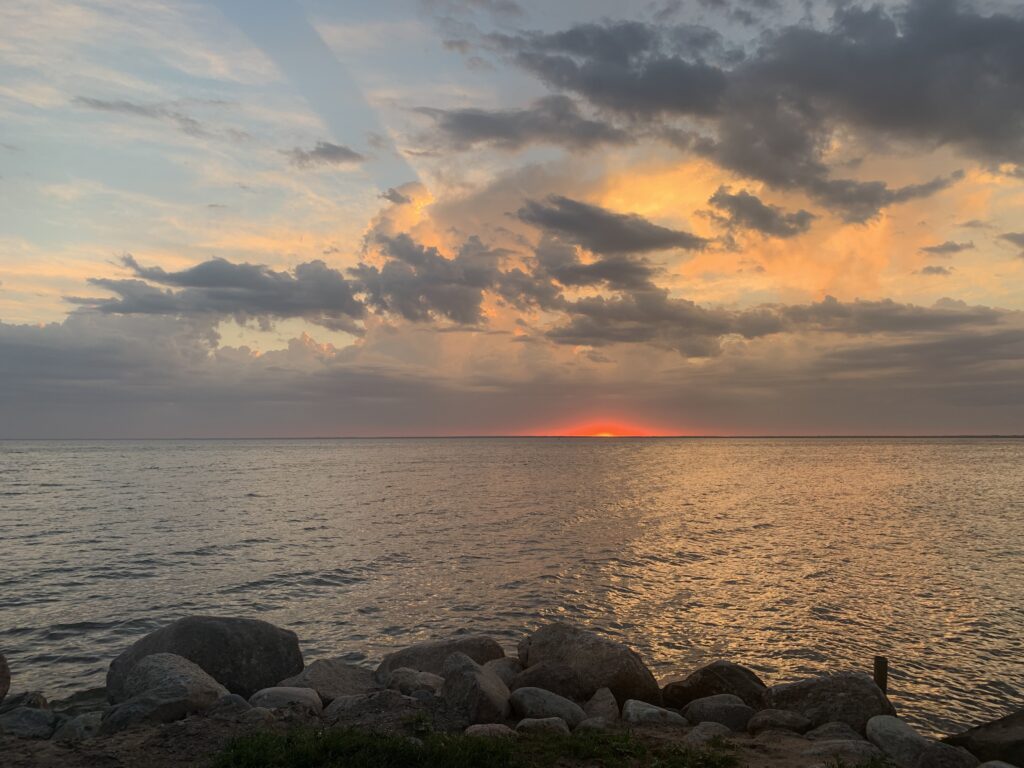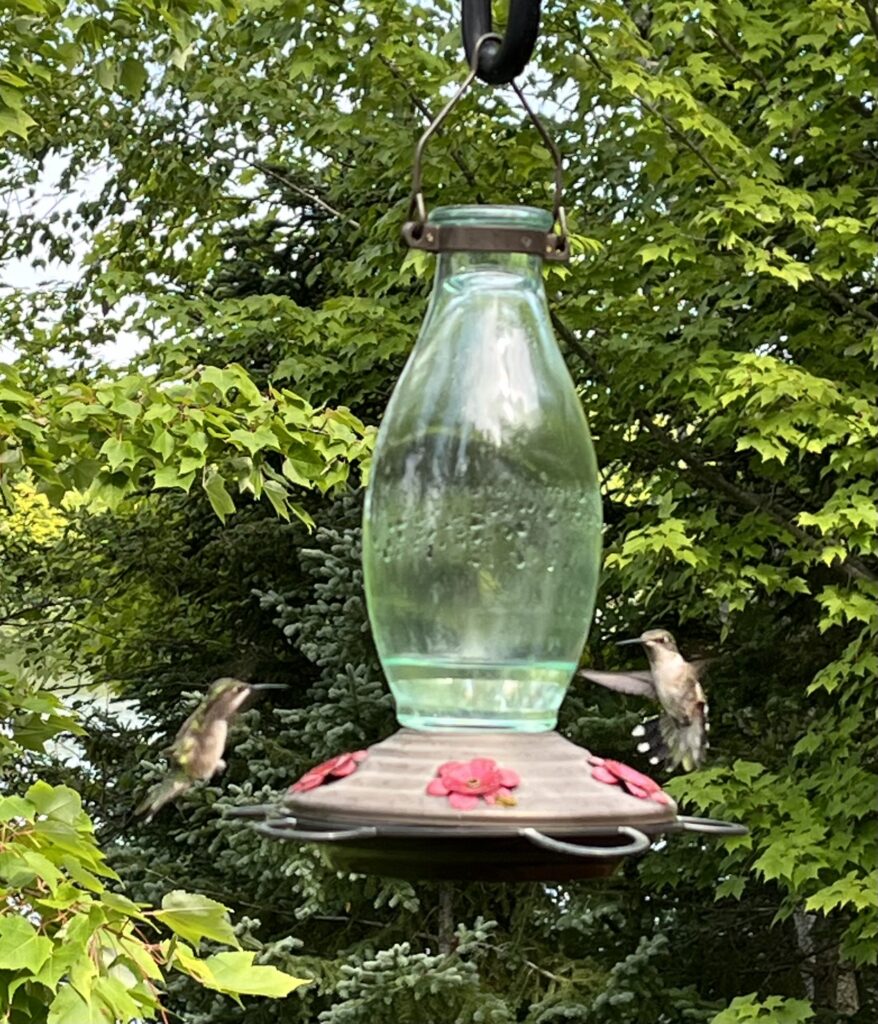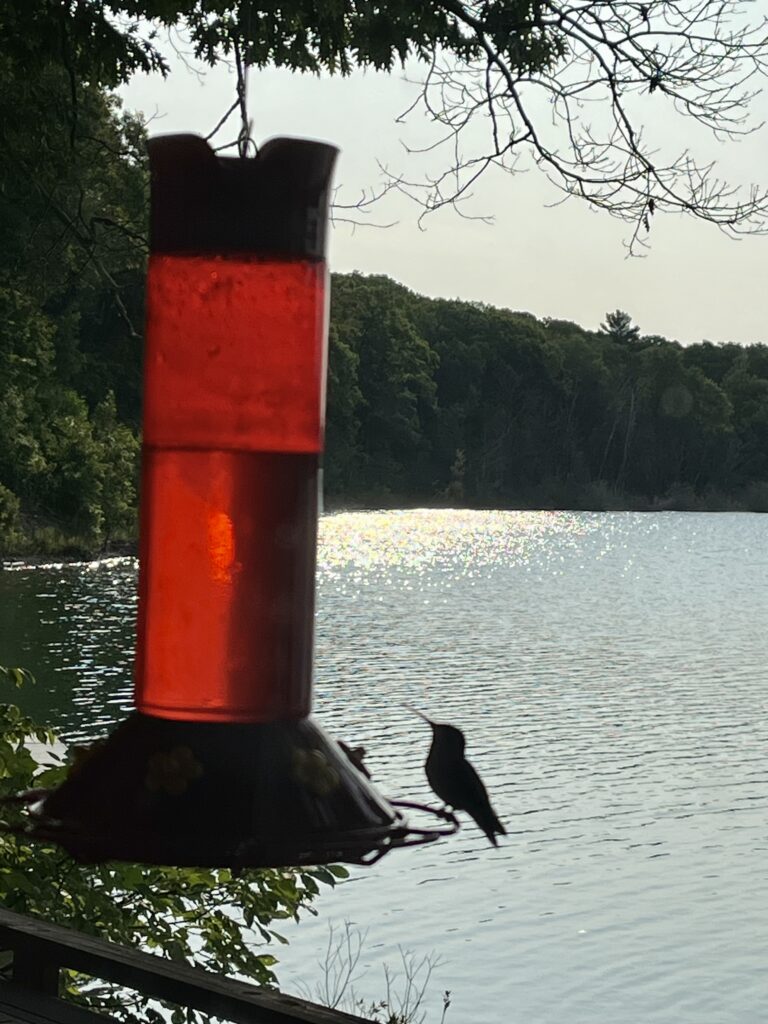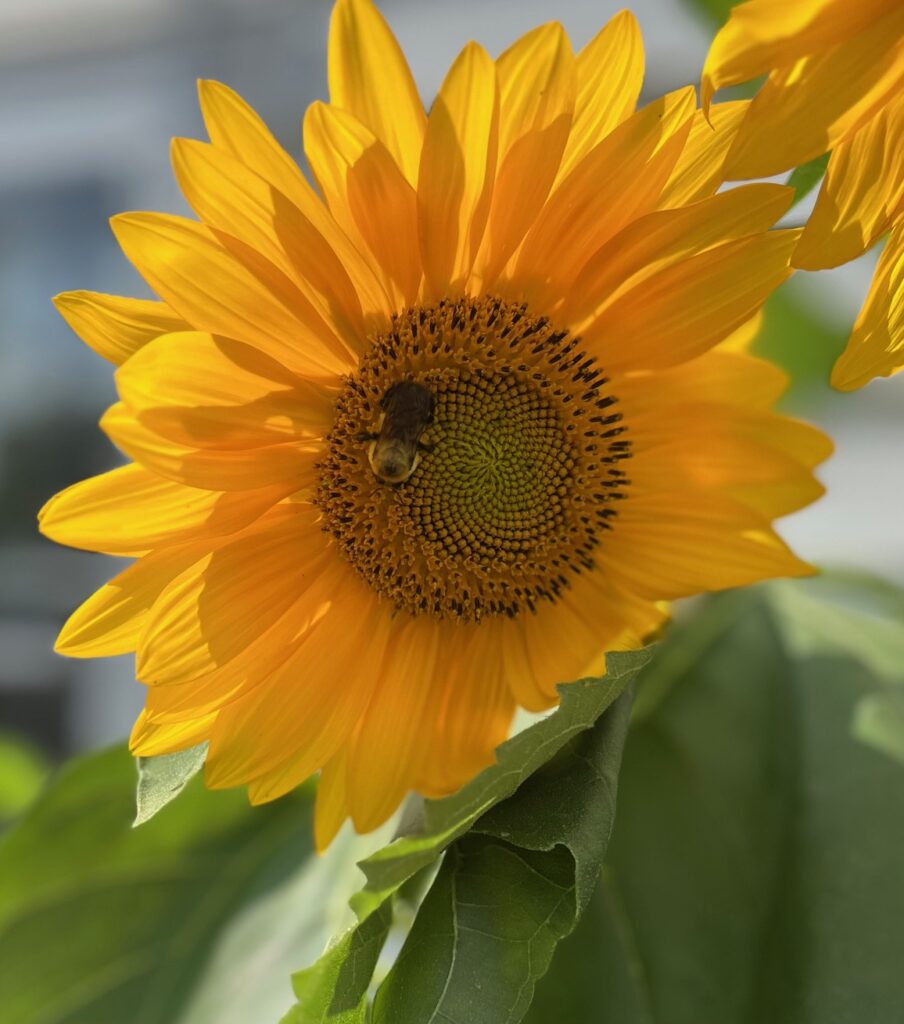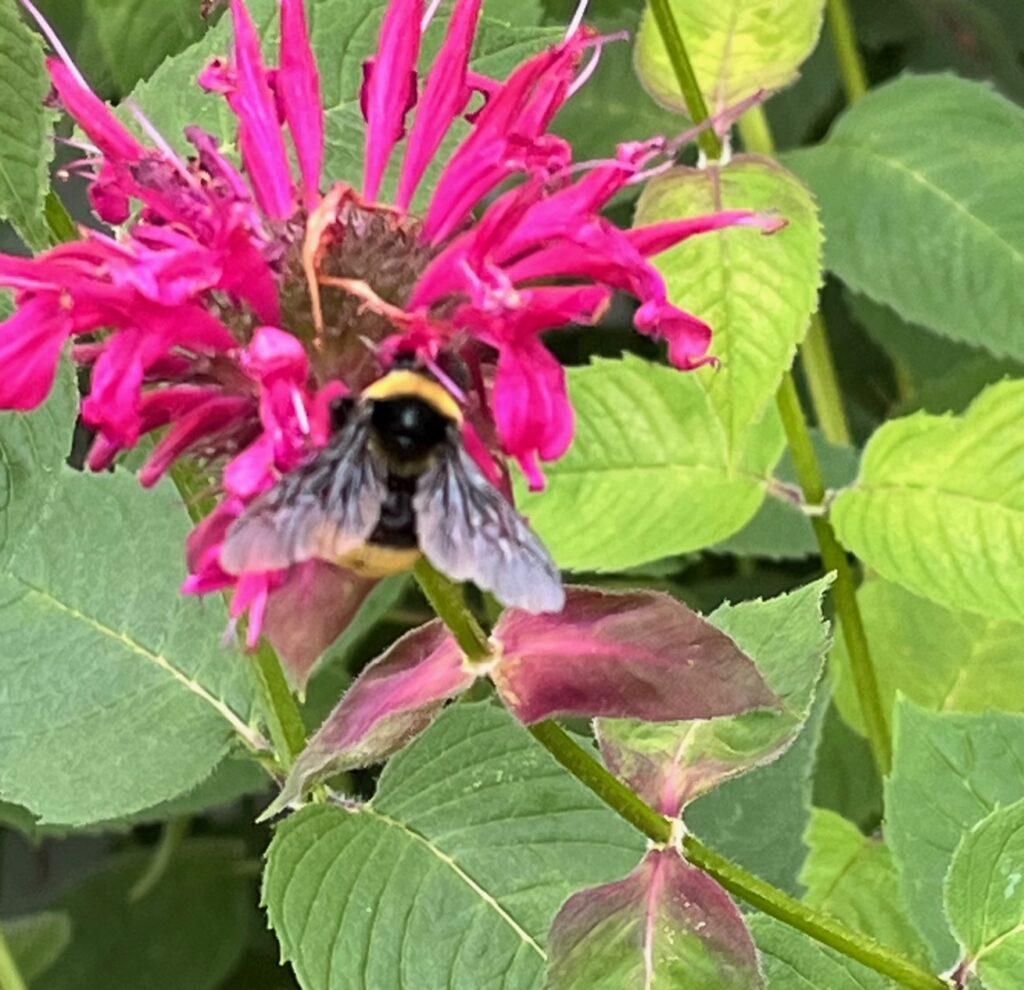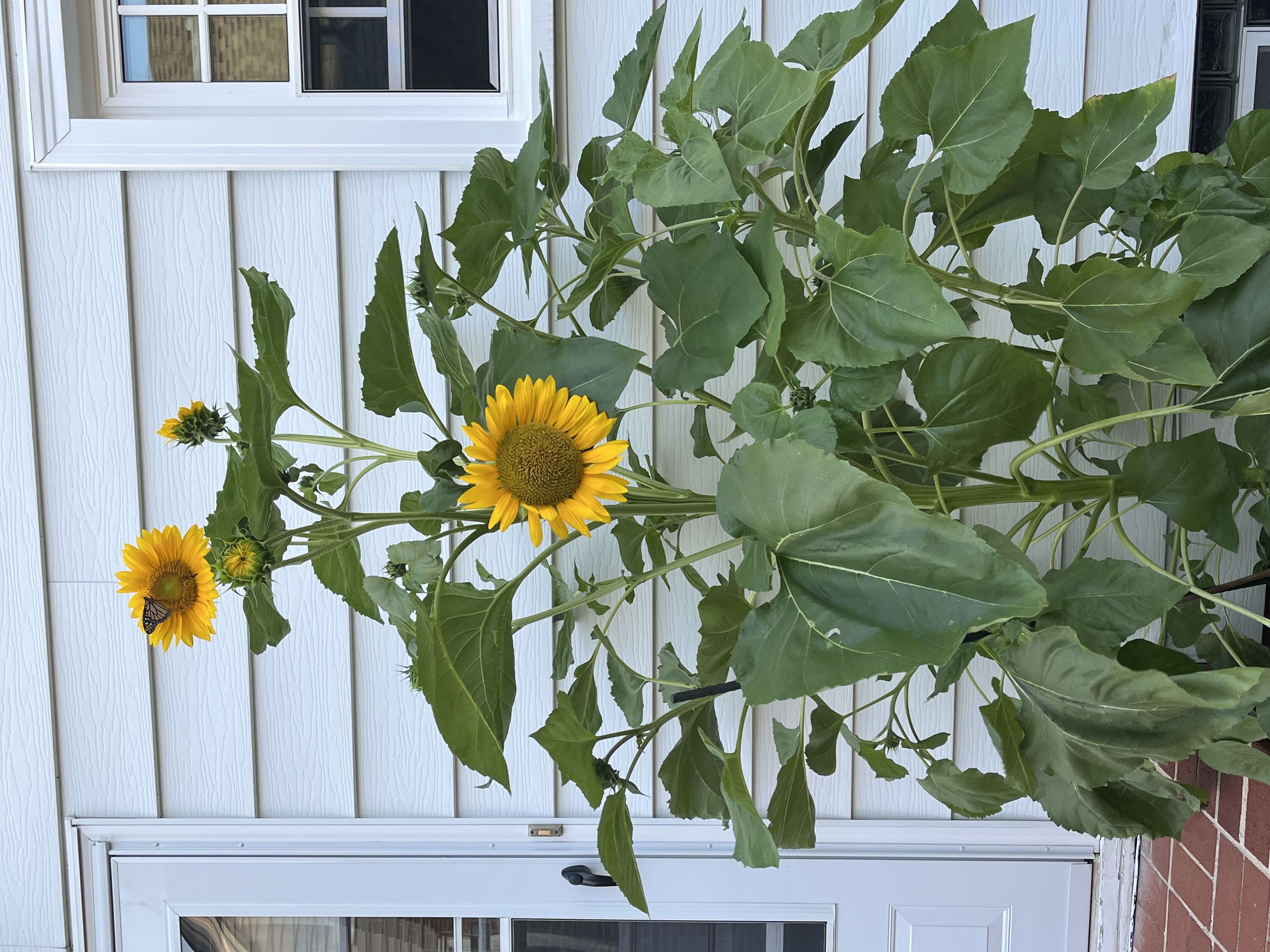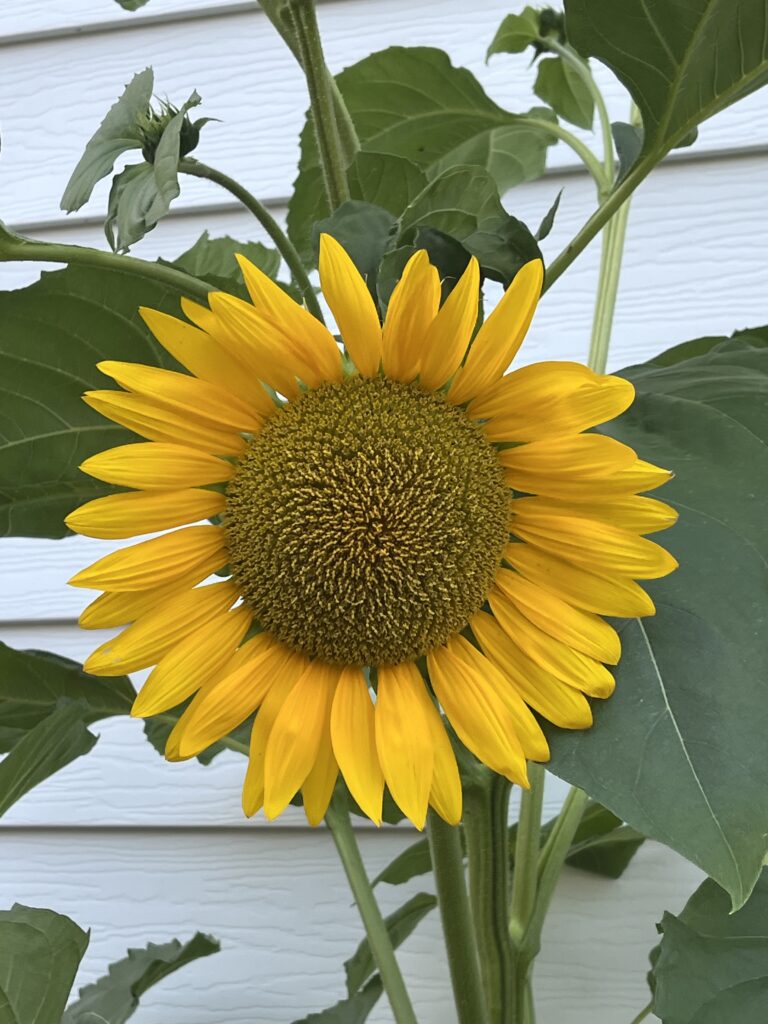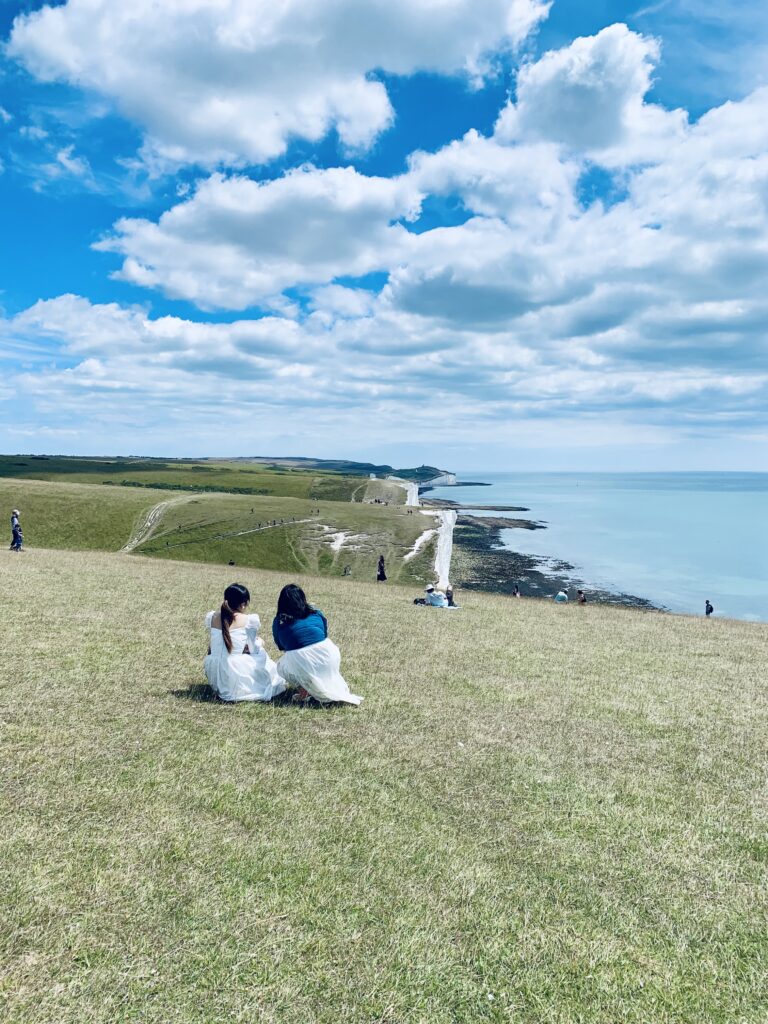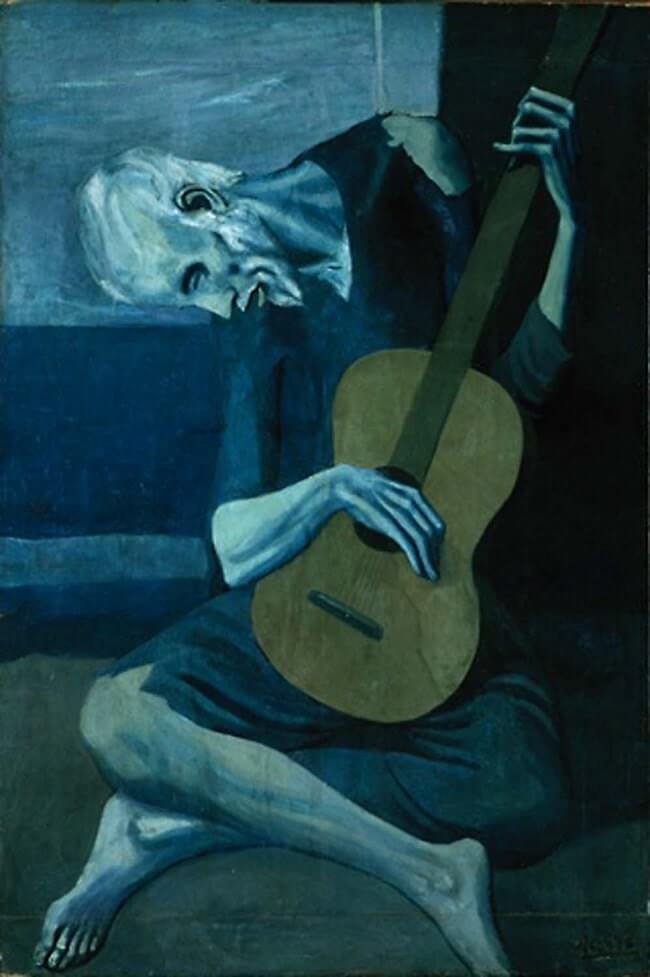People collect things. This can happen with intention or sheer accumulation. My mother collected tea cups and had them displayed all around her house. It always made for an easy Christmas or birthday gift. Her friend collected thimbles which I always carried back from a trip to add to her the display case she had needed to purchase to house these tiny treasures. I admit to collecting stones and shells…inexpensive reminders of places that have etched themselves on my heart. At one point I had started collecting small pitchers and have still purchased one or two even after I decided that I was heading down the road of needing to buy a piece of furniture to display them and wanted to nip that prospect in the bud.
Last week I was searching for some materials I need for an upcoming retreat I have agreed to help lead. That’s when I realized that I, too, have a collection. I collect poems. In files. Between the pages of books. Inside my calendar and those of years past. In small stacks that can be found inside a desk drawer. Tiny pieces of paper with the poet’s words stashed into places where I will find them again. Just when I need them. And this says nothing about the actual books of poetry that line my bookshelves and sit on available table tops. Poems that have been read or written for a particular event or worship service or within a facebook post or in a magazine. I have held onto them with a collector’s mind and heart…and grip.
Looking through one file marked simply, “Poems”, I became lost in the wash of words. I could no longer remember from where the particular poems had come. I only know that I had decided that I simply could not live without these words…and those…and especially these very specific ones. Tucked among them all was this poem by Catherine Barnett:
Mostly I’d like to feel a little less, know a little more.
Knots are on the top of my list of what I want to know.
Who was it who taught me to burn the end of the cord
to keep it from fraying?
Not the man who called my life a debacle,
a word whose sound I love.
In a debacle things are unleashed.
Roots of words are like knots I think when I read the dictionary.
I read other books, sure. Recently I learned how trees communicate,
the way they send sugar through their roots to the trees that are ailing.
They don’t use words, but they can be said to love.
They might lean in one direction to leave a little extra light for another tree.
And I admire the way they grow right through fences, nothing
stops them, it’s called inosculation: to unite by openings, to connect
or join so as to become or make continuous, from osculare,
to provide with a mouth, from osculum, little mouth.
Sometimes when I’m alone I go outside with my big little mouth
and speak to the trees as if I were a birch among birches.
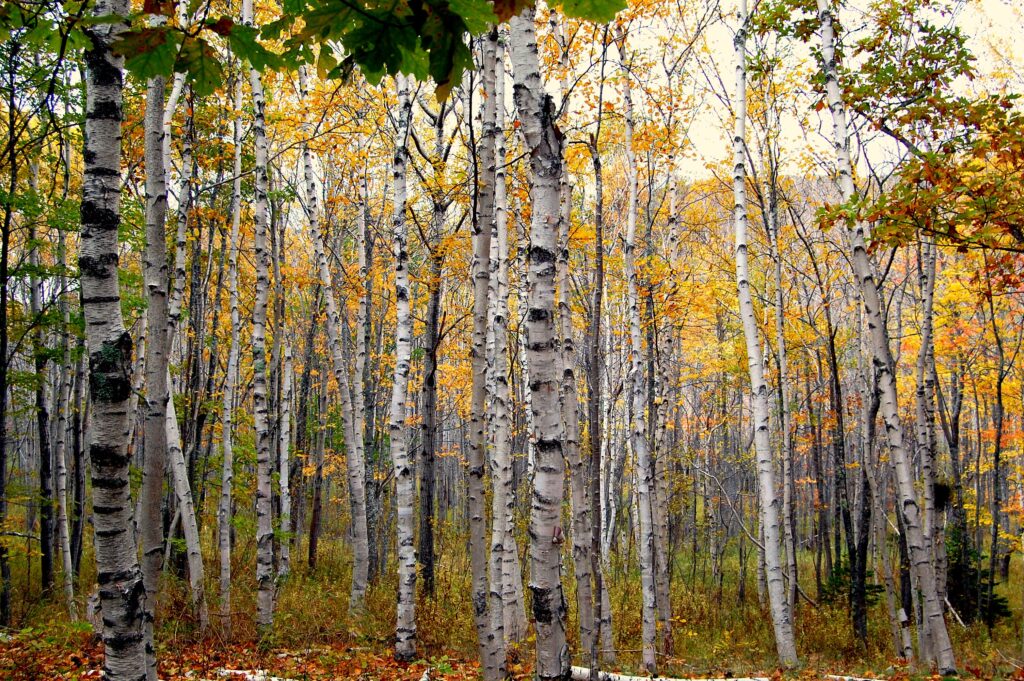
I am not sure how this poem came to me or what was going through my mind…or my life…that caused me to add these words to my collection. It could have been the word ‘debacle’. If nothing else it is one of those words that just feels good in your mouth to say regardless of its meaning. It could have been because its title, “Epistemology” took me back to my seminary days when, like the word suggests, I was in the pursuit of all kinds of knowledge.
These days dedicated to living my retirement with some manner of intention, I find I have more questions that answers and am more fascinated by words than ever before. This is a strange surprise of age. Yet I find I love the questions and the words that connect and the learning that results. (Life’s debacle…things are unleashed.)
But if I allow myself to unravel the reason for the poem’s presence in my collection file, I am sure it had to do mostly with the trees and their communication and the notion of their loving. The ways in which they send sweetness to the root of suffering like a mother bakes cookies or adds sugar to milk to soothe the illness of her children. And the ways in which they stubbornly grow through obstacles and will not be deterred by wire or stone in an effort to connect and speak that love into the world.
“Sometimes when I’m alone I go outside with my big little mouth and speak to the trees as if I were a birch among birches.” I am grateful to the poet for affirming my conversations with trees, birch or otherwise. My heart is particularly full these days with love for the trees that are showing such devotion to beauty and letting go and waking us all up. Over the weekend I was witness to humans standing, simply standing, in awe at the color and the majesty of what autumn speaks through these grounded oracles.
My big little mouth wanted to shout praise and joy at being alive and connected to these great teachers. Me, a birch among birches, a black walnut among others, a maples among them all.
